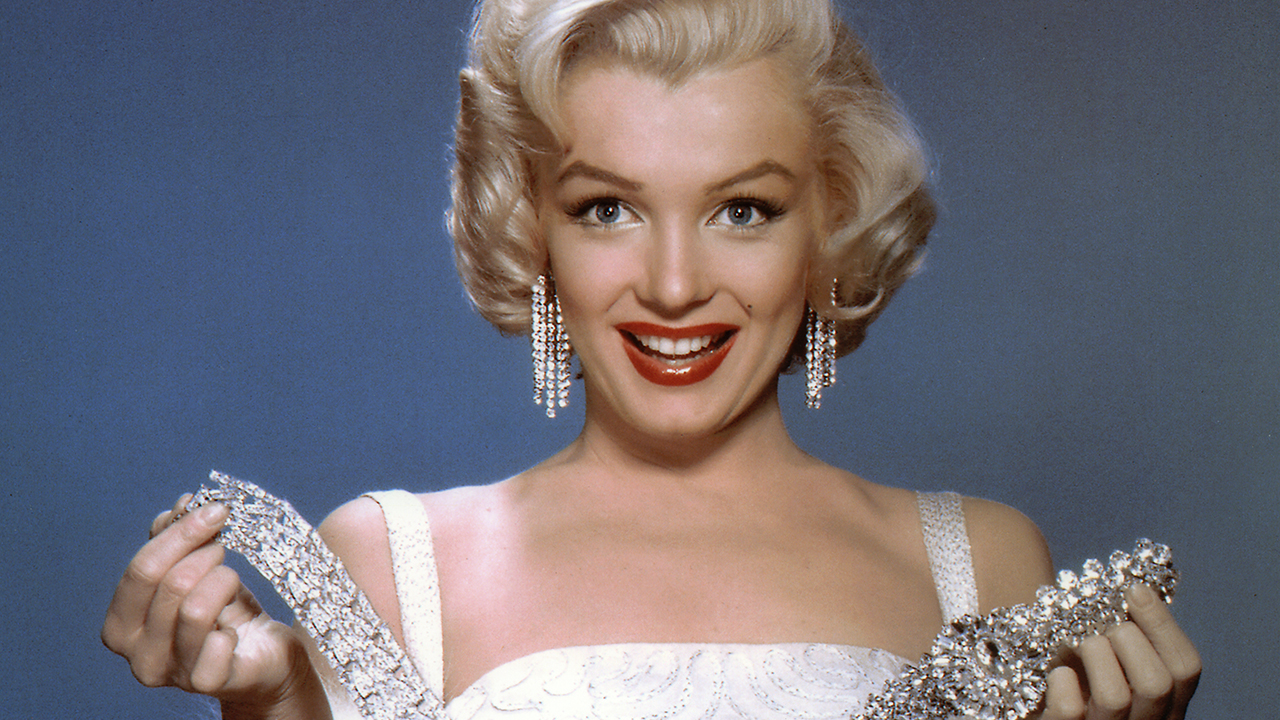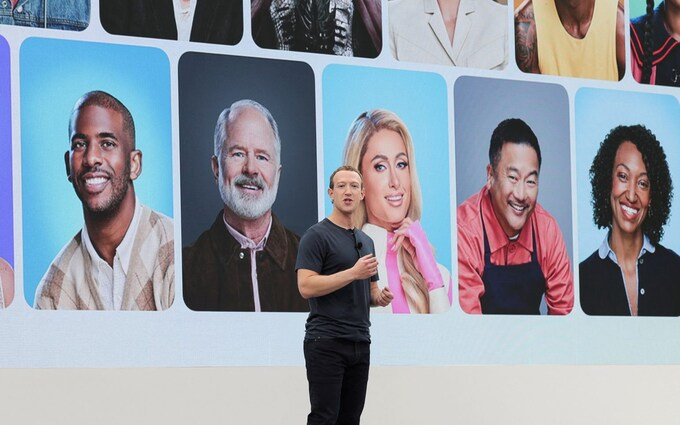
In recent years, the intersection of artificial intelligence and celebrity culture has sparked both fascination and controversy, with the latest developments presented at South By Southwest (SXSW) offering a vivid glimpse into the future of digital recreations.
Attendees at the festival had the unique opportunity to interact with a hyper-realistic AI chatbot modeled after Marilyn Monroe, signifying a leap in technology’s ability to mimic human likeness and conversation. This project, endorsed by the company overseeing Monroe’s estate, Authentic Brands Group, showcases the advancements in AI that could soon make digital recreations of celebrities commonplace.
Ethical Concerns in Digital Recreation
However, this technological marvel comes with its ethical dilemmas. Critics argue that using the likenesses of deceased celebrities, who cannot give their consent, raises significant concerns about exploitation and respect for the individual’s legacy.
The debate around consent in the digital era is not new; it was notably highlighted in 2020 when Kanye West gifted Kim Kardashian a hologram of her late father. As AI continues to evolve, the potential for recreating any individual with stunning accuracy has become a reality, challenging our notions of identity and privacy.
AI’s capabilities have reached a point where it’s not just about creating a likeness but also about emulating voice and personality, leading to impersonation risks:
- Impersonation Risks: AI technology now enables the emulation of a person’s voice and personality, increasing the potential for impersonation.
- Imposter Scams: These are alarmingly prevalent in the United States, posing significant risks to individuals.
- Financial Impact: Americans lost approximately $2.6 billion to imposter scams in 2022, highlighting the need for caution and awareness.
- Federal Trade Commission Report: The FTC’s findings underscore the growing concern over the ethical use of AI and the importance of safeguarding against misuse.
These advancements raise the specter of AI being used maliciously, further complicating the ethical landscape.
Meta’s Leap into AI Celebrity Chatbots
Meta has also delved into the realm of AI celebrities, creating chatbots that emulate famous personalities like Tom Brady and Kendall Jenner. These digital assistants are designed to perform a range of tasks, from assembling workout plans to offering daily motivational support.
Zuckerberg’s vision for AI celebrities points towards a future where such interactions could become an integral part of our digital lives. However, he acknowledges the existing technological and ethical constraints that need to be addressed before this vision can be fully realized.

Digital Marilyn: Innovation or Exploitation?
The presentation of “digital Marilyn” at SXSW by Soul Machines, described as embodying Monroe’s “wit, wisdom, and undeniable charm,” has reignited discussions about the ethics of digital personhood. Critics, including Zelda Williams, daughter of the late Robin Williams, have voiced their discomfort with AI recreations of deceased celebrities, describing them as unsettling and potentially disrespectful.
The use of Monroe’s image has been particularly controversial, seen by some as a continuation of the exploitation she faced during her lifetime. This sentiment is echoed in the broader conversation about the rights and dignity of individuals posthumously represented through AI.
While companies like Soul Machines partner with rights holders like Authentic Brands Group to legally use celebrities’ likenesses, the debate over moral rights and consent remains unresolved.
Related News:
Featured Image courtesy of Sunset Boulevard/Corbis via Getty Images
